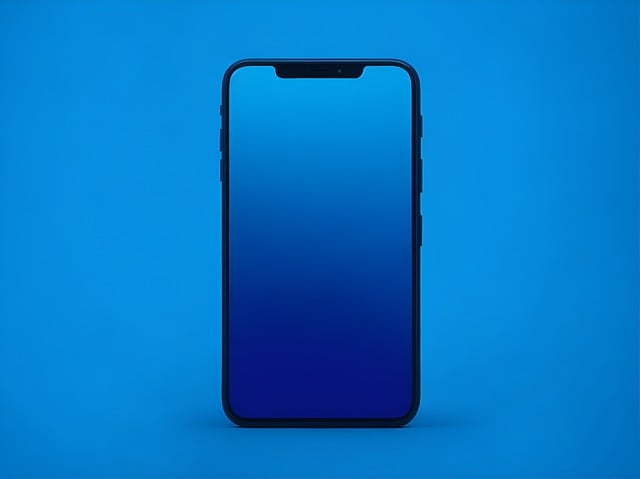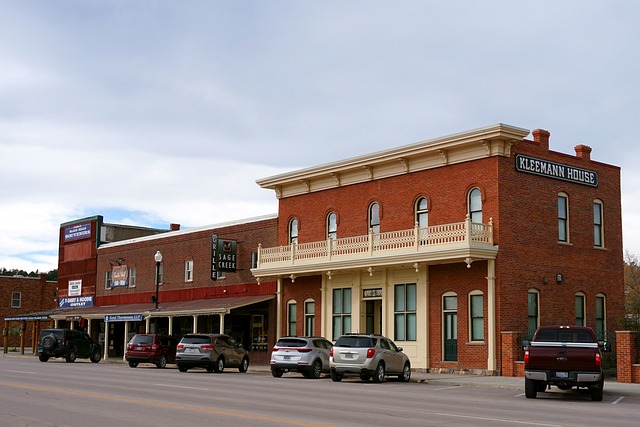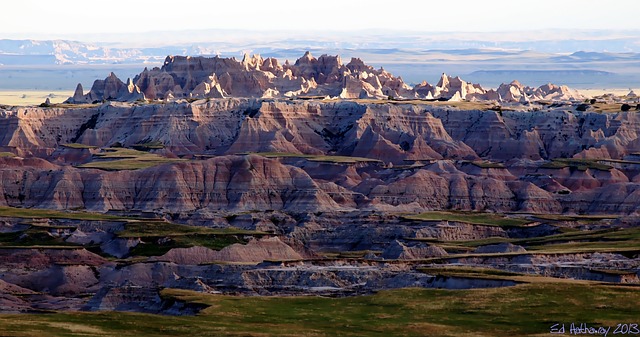South Dakota's "Do Not Call" laws protect residents from unwanted telephone and video solicitations. While these regulations primarily target telemarketers, they indirectly safeguard against unsolicited video calls from salespeople, marketers, or debt collectors. Residents can report violations and consult with a local Do Not Call Lawyer or Attorney for legal counsel and enforcement of rights against unwanted video call solicitations. Specialized lawyers assist in blocking numbers, reporting violations, and understanding consent laws, ensuring digital privacy is respected.
In today’s digital era, video calls have become ubiquitous, yet the application of traditional “Do Not Call” laws to these virtual interactions remains a nuanced question. This article explores how Do Not Call laws in South Dakota extend—or don’t—to video calls, providing a comprehensive guide for both consumers and businesses. From understanding the relevant regulations to identifying exemptions and penalties for violations, this resource equips you with the knowledge to navigate these digital waters confidently, backed by expert insights from leading Do Not Call lawyers in South Dakota.
Understanding Do Not Call Laws: A Brief Overview
In South Dakota, like many states across the country, Do Not Call laws are designed to protect residents from unwanted phone solicitations and marketing calls. These regulations can significantly impact businesses and individuals alike, especially with the rise of video calling platforms. While traditional phone calls are covered under these laws, there’s a common misconception about their applicability to video calls.
The key to understanding Do Not Call laws in South Dakota is recognizing that they primarily focus on preventing unwanted contact, regardless of the communication method. If you’re a resident of South Dakota and have registered your number on the state’s Do Not Call list, any form of unsolicited call or text could be considered a violation. This includes video calls from salespeople, marketers, or even debt collectors. For those seeking legal counsel regarding Do Not Call issues, consulting with a local Do not call lawyer in South Dakota or an experienced do not call attorney is advisable. These professionals can provide guidance tailored to state laws and help individuals enforce their rights against unwanted video call solicitations.
South Dakota's Take on Video Calls and Privacy
In South Dakota, the “Do Not Call” laws primarily focus on telephone solicitations, but their impact extends to video calls as well. While there’s no specific mention of video conferencing in the state’s Do Not Call regulations, the underlying principle of respecting privacy and preventing unwanted communication still applies. The laws are designed to give residents control over their phone lines, ensuring they’re not bombarded with telemarketing calls. This logic translates directly to video calls; just as a ringing phone can disrupt one’s peace, a video call from an unknown or unwanted source could be considered an invasion of privacy.
Do Not Call lawyers in South Dakota play a crucial role in helping individuals and businesses navigate these waters. They can provide guidance on how to handle unsolicited video calls, whether it’s blocking numbers, reporting violations, or understanding the legal framework surrounding consent for video communication. For those seeking protection against unwanted video contact, consulting with a Do Not Call attorney in South Dakota is a sensible step towards asserting control over their digital privacy.
Who is Covered Under the Do Not Call Laws in SD?
In South Dakota, the Do Not Call laws are designed to protect residents from unwanted telemarketing calls. However, when it comes to video calls, the coverage is less clear. The state’s regulations primarily focus on traditional telephone communications, leaving some uncertainty regarding online video conferencing. Typically, these laws apply to businesses and individuals making outbound sales or marketing calls, but they may not extend to casual or personal video interactions.
The Do Not Call laws in South Dakota cover a wide range of entities, including do not call lawyers, attorneys, and law firms operating within the state. If a business engages in telemarketing activities, it must comply with the regulations, which include obtaining prior consent from recipients and providing an opt-out option. While video calls may not be explicitly mentioned, the spirit of the law suggests that excessive or unsolicited communication, regardless of medium, could still trigger legal implications for non-compliant parties, especially when targeting individuals who have registered on national do not call lists.
Exemptions and Limitations: What You Need to Know
In South Dakota, the Do Not Call laws primarily focus on telephone solicitation, but there are certain exemptions and limitations when it comes to video calls. While the state’s regulations aim to protect residents from unwanted phone calls, they do not extend the same level of protection to video conferencing platforms like Zoom or Skype. Businesses and individuals conducting legal activities, such as soliciting prospective clients, cannot be blocked from making video calls to registered numbers without specific consent.
This means that Do Not Call laws do not prevent law firms or attorneys in South Dakota from reaching out via video call. However, they must adhere to certain guidelines; for instance, they can’t make automated or prerecorded calls and must respect a person’s choice to opt-out of future communications. If you’re concerned about unsolicited video calls from lawyers or law firms, it’s advisable to consult with a Do Not Call attorney in South Dakota who can guide you on the best way to protect your privacy while understanding the legal framework surrounding these communication methods.
Enforcement and Penalties for Violations
In South Dakota, the enforcement of Do Not Call laws is primarily handled by the state’s Attorney General’s office and local law enforcement agencies. If a recipient feels they have been contacted in violation of the state’s Do Not Call registry, they can file a complaint with these authorities. The Attorney General’s office investigates complaints and takes appropriate action against violators, which may include penalizing the offending party. Penalties for violating Do Not Call laws can range from fines to legal repercussions, especially if the violations involve telemarketing or sales calls.
For those who have been affected by unwanted video call solicitations, seeking legal counsel from a qualified Do not Call lawyer in South Dakota is advisable. A skilled attorney specializing in these laws can help victims understand their rights and take necessary steps to stop the harassment. They can also represent clients in any legal proceedings that may arise, ensuring that Do Not Call law firms in South Dakota adhere to the established rules and regulations.






